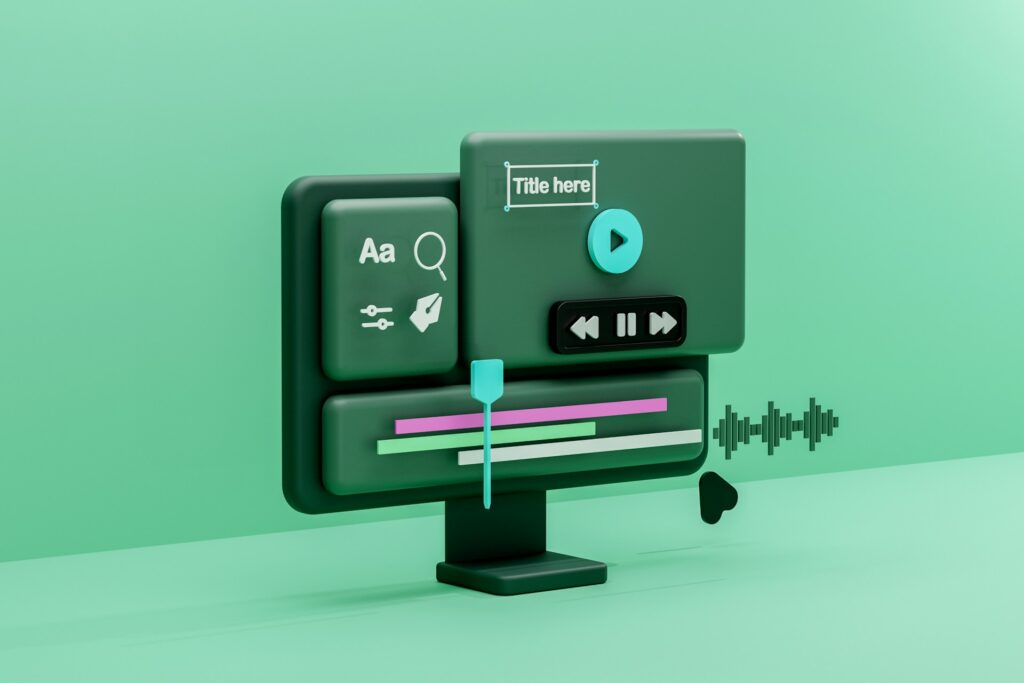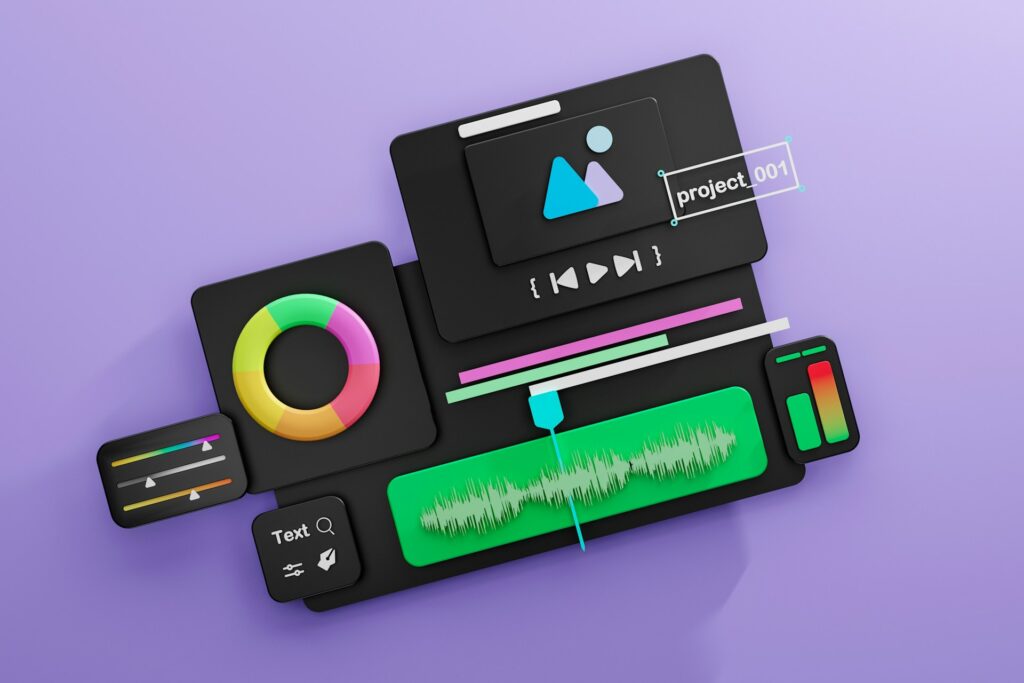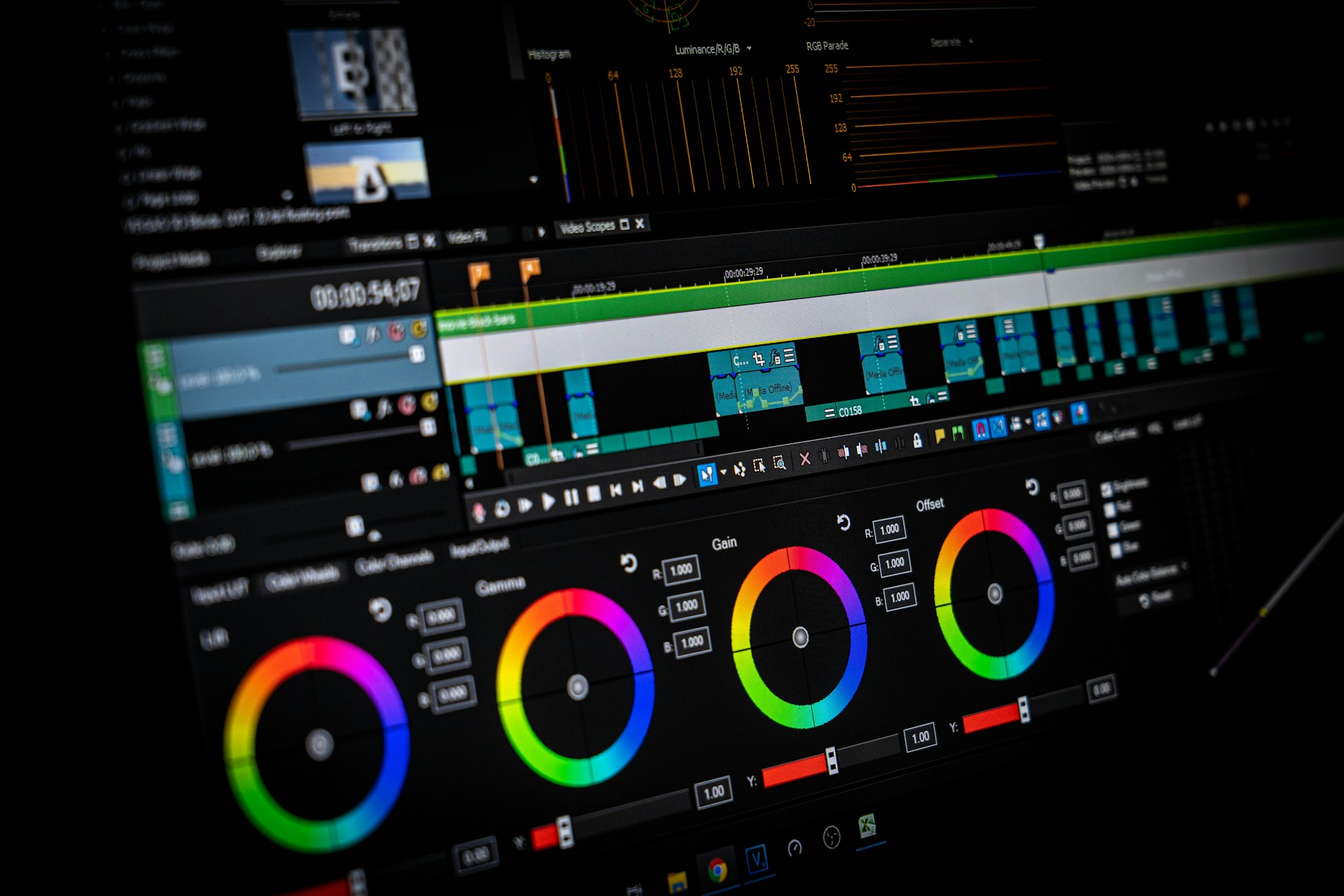Most law offices are great with their words, arguments, and client service. But video? That’s where things start to feel a little shaky. Lawyers are trained to talk through high-stakes conversations, but talking to a camera, breaking down legal concepts, or creating content people want to watch online is a different challenge altogether.
More legal teams are starting to realize that clients are looking for accessible and trustworthy information on platforms like YouTube. To stay current and competitive, it’s worth focusing some energy on building video communication skills. That’s where structured training can make a big difference.

The Weekly Video Insider
Subscribe for weekly insider trends and tools for YouTube and Social Video


Why Legal Teams Should Care About Video
For most legal professionals, trust is everything. Your clients want to feel like they understand their situation and that you understand them. Clear, honest, and approachable video content builds that kind of connection.
Videos help eliminate unnecessary back-and-forth. Instead of answering the same questions on the phone or in email, teams can create short, informative clips that hit the major points fast. This helps with time, but also positions you as an expert.
Here are more reasons law firms are taking video seriously:
– It gives potential clients a peek behind the curtain to see who they’ll be working with
– It builds up your presence in search engines and across YouTube, Facebook, and Instagram
– It helps your team speak directly to different audiences, whether through TikTok or in-depth YouTube content
The quality and clarity of those videos matter. A poorly made video can chip away at credibility. But a team that presents legal concepts in a clean, simple way builds real trust over time.

Skills That Make Video Work
If you want better click through rates, stronger watch time, and more audience retention, you need the right skill set. Not everyone has to be a tech whiz or natural on camera. But legal teams stepping into video should feel confident before they press record.
Here’s what matters most:
1. Script Preparation
Legal talk gets heavy fast. Having a script helps keep the tone clear and the content direct. It strips away legal jargon and tightens up the message so the viewer stays engaged and editing becomes smoother.
2. On-Camera Delivery
Talking to a lens is different from talking to people. Confidence comes with repetition. Your team should learn to sound sharp, warm, and concise—without memorizing lines or rushing through every word.
3. Recording Basics
Understanding lighting, framing, and avoiding background noise can turn a simple setup into polished content. Whether filming on a phone or pro gear, knowing the basics saves time and makes the final product look deliberate.
4. Feedback and Review
Reviewing filmed content helps identify quick wins. Maybe the tone was off, the message unclear, or the background distracting. When reviewed as a team, the room for improvement becomes obvious—and easy to fix.
Being good on camera isn’t about personality. It’s about preparation, comfort, and practicing as a team. Every revision leads to smoother takes and stronger messaging.




YouTube Workshops: Hands-On Training for Legal Teams
Videos feel less intimidating when teams know what they’re doing. YouTube workshops help legal teams understand the process, practice the techniques, and apply them again and again.
They aren’t just about learning the theory. Hands-on experience takes the fear out of producing content and speeds up the learning curve. A strong workshop gives your team the space to test ideas, review performance, and build confidence.
Common activities you’ll find in a workshop include:
– Writing short scripts for frequently asked legal questions
– Recording several takes to adjust delivery and pacing
– Watching playback to see where language or framing can tighten up
– Giving and receiving peer feedback to improve overall performance
Hesitation is normal at first. Plenty of attorneys walk in expecting the worst, worried how they’ll look on camera. But once they get a few reps in with feedback to support them, that concern fades.
A good example is a probate lawyer in West Jordan who thought video wasn’t worth the effort. By the end of one session, after refining her script and filming improvements, she was confidently planning a series of client education videos.
Workshops also unify your team’s voice. Even with more than one attorney in front of the camera, the tone and delivery can feel on brand. That consistency sticks in the viewer’s mind and helps build long-term trust.

Best Practices for Creating Strong Legal Video Content
After covering the basics, it’s easier for legal teams to take ownership of their video content. Once they’ve had a chance to practice, it’s time to fine tune. If you want your metrics to move, consistency and topic clarity must follow.
Use these tips when building your content plan:
– Film in widescreen and vertical formats
This gives you content optimized for YouTube, Instagram, Facebook, and TikTok without needing multiple shoots
– Focus each video on one clear subject
Single-topic videos perform better. For example, “Top 3 Things to Know Before Filing for Bankruptcy” works better than trying to explain the entire bankruptcy process
– Keep intros to one or two lines
People decide fast whether to keep watching. Get to the heart of the topic right away
– Use on-screen text smartly
Call out steps, terms, or definitions directly on the screen. It helps viewers follow, especially when watching without sound
– Put effort into thumbnails and titles
A thumbnail is your first impression. Make it clean and inviting. A simple, bold title that mirrors what viewers are searching for will do more work than you imagine
– Stick to a schedule
Whether you’re posting weekly or bi-monthly, stick to it. Your audience—and the algorithm—will respond to the momentum
– Track performance metrics regularly
Look closely at impressions, views, watch time, and click through rate. These numbers tell you what’s landing with your audience and what might need a tweak
Put simply, let your results show you what content to double down on. Responsive improvement will keep viewers coming back.



How Training Builds Long-Term Success
Legal professionals already understand how to present complex ideas under pressure. They’re taught how to structure arguments and speak with authority. Video content just adds a new platform for these same strengths.
The difference is that video helps those skills travel further. Videos don’t end up stuck in an inbox or on hold waiting for consults. They meet your audience where they are—and open the door for client trust before you ever speak with them.
When legal teams make video a recurring habit, something shifts. Scripts become sharper. Speaking becomes easier. Topics evolve based on what your audience truly wants to hear. And that feedback loop drives more clicks, more leads, and more results.
From West Jordan and beyond, legal teams that lead the way with smart, strategic video content are seeing deeper connections with their audience. Once the system is in place, the camera becomes just another tool to showcase your expertise.
If your legal team is ready to grow its reach, improve communication, and build stronger client relationships through video, a customized YouTube workshop can get everyone aligned and camera-ready. Acceleratus Media makes it easy to turn legal knowledge into engaging content that boosts views, trust, and lead generation across platforms like YouTube, Instagram, and TikTok.




